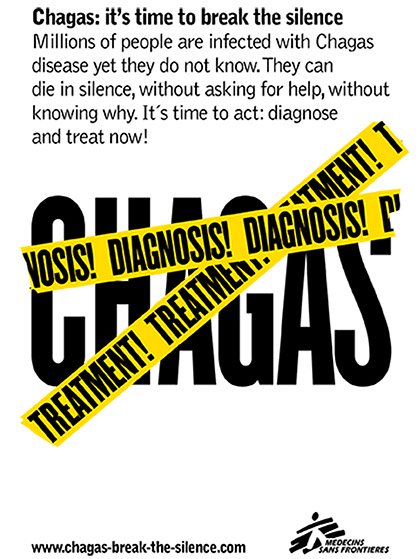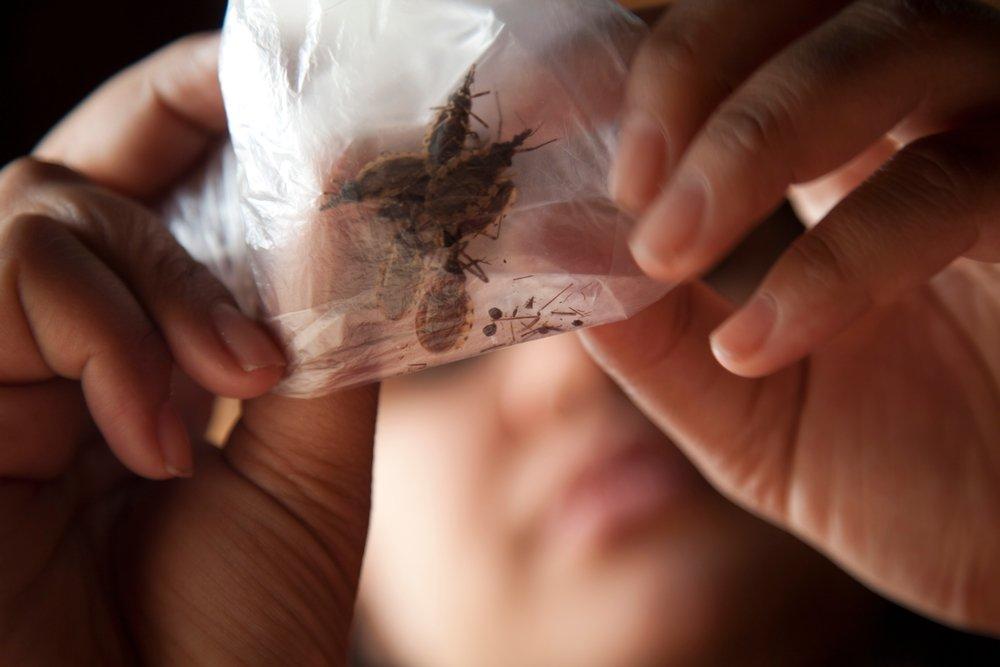
Geneva – The resolution, ‘Chagas Disease: Control and Elimination’, is about to be adopted this week at the World Health Assembly (WHA). While a step in the right direction, the resolution lacks elements essential in tackling Chagas disease and only focuses on prevention. Doctors Without Borders (MSF) and Drugs for Neglected Disease Initiative (DNDi) call on Member States to include the integration of treatment and diagnosis at primary healthcare level and increased efforts in research and development.
“After more than 10 years of experience, MSF has successfully treated thousands of patients with Chagas. We would like to see equal importance given to treatment and diagnosis as with prevention strategies,” says Fran Román, MSF Vice-President. “The countries affected must agree to integrate diagnosis and treatment at the primary health level if they want to reach all patients; children and adults, in both acute and chronic phases of the disease,” he adds.
Each year over 10 to 15 million people across the world are infected with the Chagas disease. Every year 14,000 people die as a consequences of the disease. Endemic in 21 Central and Latin American countries, it also has growing presence in non-endemic countries through migration of people. In Central and South America, Chagas kills more people than any other parasite-borne disease, including malaria.
The Drugs for Neglected Diseases initiative (DNDi) is a not-for-profit product development partnership working to research and develop new and improved treatments for neglected disease, in particular human African trypanosomiasis, leishmaniasis, Chagas disease, and malaria.
Guillaume Bonnet at guillaume.bonnet@geneva.msf.org or: +41(0)79 2031302/+41228498403
Clara Tarrero at clara.tarrero@barcelona.msf.org or +34 680 598 677/+34 93 304 61 15
